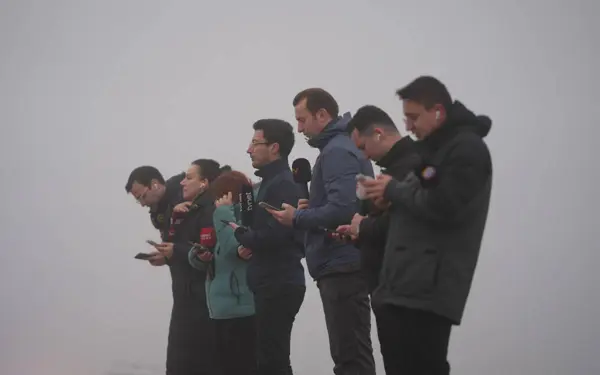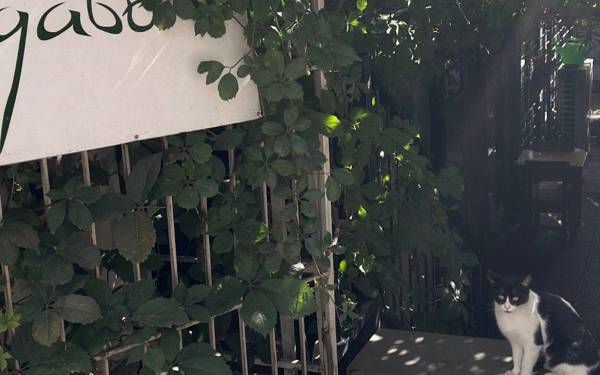* Infograph: Yağmur Karagöz
Click to read the article in Turkish / Kurdish
Still talking about "raising the level of freedoms" in Turkey in its 18th year in power, the Justice and Development Party (AKP) government is occupied with silencing the critical media against the spirit of the Human Rights Strategic Document, which foresees reforms until the year 2023.
Four quarterly BİA Media Monitoring Reports published in 2020 show that, this year, 23 journalists (Ayşegül Doğan, Can Dündar, Deniz Yücel, Sultan Çoban, Barış Pehlivan, Barış Terkoğlu, Murat Ağırel, Yılmaz Özdil, Aydın Keser, Ferhat Çelik, Hülya Kılınç, Kazım Güleçyüz, etc.) were sentenced to 103 years, 3 days in prison in total as per the related articles of the Turkish Penal Code (TCK) on charges of "insult", "membership of an organization", "aiding the organization as non-members" and "espionage" and as per the related article of the Anti-Terror Law (TMK) on "propagandizing for a terrorist organization" as well as on charges as per the National Intelligence Organization (MİT) Law and the Military Penal Code.
The Press Advertising Agency (BİK) cut the ads of five critical newspapers for 276 days in total in 2020, while the Radio and Television Supreme Council (RTÜK) fined the media, including critical TV channels such as Fox TV, Tele 1 and Halk TV, a total of 19,063,835 lira (approx. 2,500,000 USD). Waiting for their turquoise press cards, hundreds of media representatives are kept waiting by the Presidential Communications Directorate.
Detention, judicial control, seizure, exile
Ranking 154th in the 180-country Reporters Without Borders (RSF) World Press Freedom Index and having one of the highest circulation of arresting journalists, Turkey was severely criticized in 2020 as a country where the assets of journalists in exile were seized, journalists were penalized as per the Military Penal Code and attempted to be silenced with judicial control.
Last year 48 detentions, 430 in 5 years
In 2020, at least 48 journalists were taken into custody, six journalists were forced to depose. While 17 journalists were detained in Pazarkule, Edirne on the grounds that they reported on the refugees who were allowed by Turkey to cross into Europe in early 2020, 12 press workers were taken into custody while covering the first novel coronavirus (COVID-19) cases in the country.
In the last five years, 430 journalists in total were detained while doing their job. While 201 journalists were detained in 2016, when the military coup attempt took place, 85 journalists were detained in 2017, 47 journalists in 2018 and 49 journalists were detained in 2019.
Attack on 18 journalists last year, 139 in 5 years
In 2020, at least 18 journalists were attacked, seven journalists were threatened. While Barış Pehlivan was battered at the entrance of prison and Uli Tanrıverdi on the street, Minister of Interior Süleyman Soylu, angry at their news, "stripped two journalists of their protection". 14 of the attacks targeted local newspapers and two targeted local media outlets.
In the last five years, at least 139 journalists were attacked while doing their job; attacks also occurred in nine media outlets. The toll mounted as journalists were targeted while covering the conflicts and protests in 2016 and local journalists, criticizing the ruling "People's Alliance", were attacked in the middle of the street after the last local elections on March 31, 2019.
In 2016, 56 journalists and six media outlets; in 2017, 20 journalists and two media outlets; in 2018, 19 journalists and one media outlet; in 2019, 26 journalists were targeted with violence. In 2016 and 2017, two journalists from Syria were killed in Turkey by the dissidents of their own country.
'Insulting President': 63 convictions in 6 years
From August 2014, when Recep Tayyip Erdoğan was elected President, to January 1, 2021, at least 63 journalists (including Ali Ergin Demirhan, Onur Emre Yağan and Faruk Arhan) were given prison sentences, deferred prison sentences and judicial fines for "insulting the President" as per the Article 299 of the Turkish Penal Code (TCK).
Though the Venice Commission, the specialized institution of the Council of Europe, urged Turkey to "repeal" the Article 299, Constitutional Court saw no harm in the article remaining in force; the Article 299 has turned into one of the symbols of authoritarianism by the hand of courts.
Critical media's public ads cut for 276 days in 2020
The Press Advertising Agency (BİK) fined Sözcü, Evrensel, BirGün, Cumhuriyet and Korkusuz newspapers over their critical publications by cutting their public ads for a total of 276 days.
Evrensel newspaper, with a public ad cut for 114 days, became the newspaper deprived of its public ads for the longest period of time.
Tax inspectors fined Odatv 371,000 lira (approx. 50,000 USD) in total on such grounds as billing Google for ad payments a month late and the payment of the damages Nihat Genç was sentenced to pay. In 2019, the public ads of Cumhuriyet and Evrensel were cut for a total of 68 days.
Censorship on 1,358 news; blackmail with press cards
Throughout 2020, Penal Judgeships of Peace imposed access blocks on at least 1,358 news on issues of corruption, irregularities, drug dealing, sexual abuse and caderisation in Turkey.
In this year with a publication/broadcast ban, access blocks were imposed on 24 news websites. In this period, the press cards of around 150 international media representatives were not renewed and the press cards of at least 27 critical journalists were cancelled.
66,905 lira of compensation penalties by the Constitutional Court
Remaining silent about journalists' rights in the last six months, the Constitutional Court ruled that five journalists and two media outlets should be paid 66,905 lira in compensation in "freedom of expression" cases throughout the year. In the last five years, the Constitutional Court sentenced the state to pay 303,487 lira in compensation in applications by 32 journalists and five media outlets.
Having tensions with the government in the past over the rulings of violation it gave in the cases of journalists such as Tuncay Özkan, Mustafa Balbay and Can Dündar and Erdem Gül, the Constitutional Court was targeted by Minister of Interior Süleyman Soylu over a case about "freedom of organization."
33 newspapers won at the ECtHR
Turkey entered 2021 with a high-level crisis with the Council of Europe and the ECtHR that may lead to sanctions after challenging their decisions, as it did in the former HDP Co-Chair Selahattin Demirtaş. Sharply criticized by rights defenders when its President Robart Spano received a honorary doctorate from İstanbul University, the ECtHR sentenced Turkey to pay 144,000 Euro (approximately 1,397,200 lira) in compensation for disregarding journalists' rights.
The ECtHR, which skipped 2017 despite intensifying applications for the arrest of journalists especially after the July 2016 coup attempt, sentenced Turkey to pay 234,760 Euro (1,883,922 lira) in compensation in five years.
RTÜK: 19 million lira of fines
The Radio and Television Supreme Council (RTÜK)issued 297 monetary penalties and 70 program suspension and broadcast suspension penalties on visual and auditory media in 2020, issuing an overwhelming majority of the penalties on television outlets. The total amount of fines that RTÜK issued reached 19,063,835 lira.
In the last five years, the RTÜK issued 181 program suspension fines because of movie and program broadcasts and 657 monetary penalties, which amounted to 72,347,439 lira.
The fight against impunity was weak
The murder case regarding Saudi journalist and Washington Post columnist Jamal Khashoggi, whom Saudi Arabia killed in its consulate in İstanbul in 2018, rapidly progresses. However, the 14-year case of the murder of Hrant Dink is wanted to be completed without touching the ultranationalist groups and MİT officers. Just as Dink, the 28-year long case of the murder of Musa Anter also progresses slowly. Seven judges and prosecutors who got Ahmet Şık arrested for his draft book "The Army of the Imam" (İmamın Ordusu) are still on trial for "misconduct" and "restriction of liberty."Aydın Engin, a journalist for 51 years, filed a suit against the Presidency Communications Directorate for not being given a press card without a reason. Journalist Barış Pehlivan, who was battered by a prison officer at the entrance of Silivri Prison on the day he was arrested, waits for the Ministry of Justice's decision after his application.
215 journalists were dismissed in 2020
In 2020, a total of 215 journalists and media employees were dismissed because of pressure from government circles, forced to resign after disagreements on broadcasts, or after their programs were canceled.
As unemployment heavily affected the sector after the 2016 coup attempt when 2,708 journalists lost their jobs, 3,436 journalists lost their jobs in the last five years. 190 media employees became unemployed in 2019, 157 became unemployed in 2018 and 166 became unemployed in 2017. (EÖ-SA/NÖ/SD-VK)






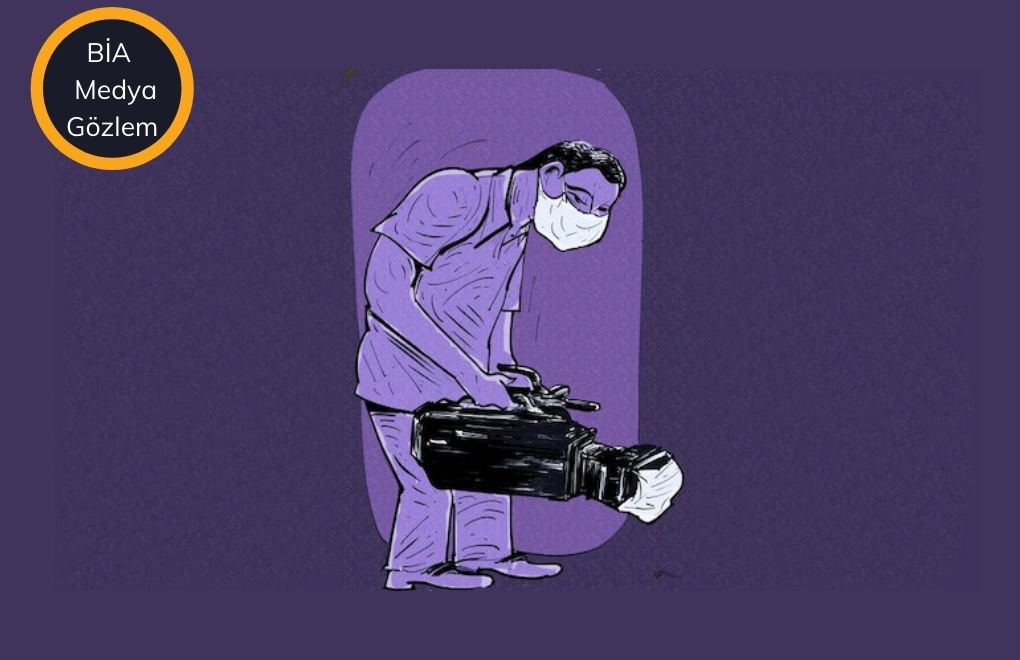
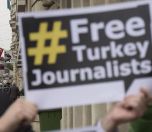

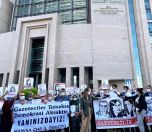
sa.jpg)
-132.jpg)





